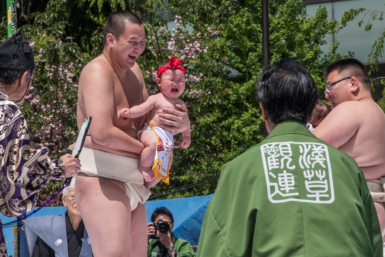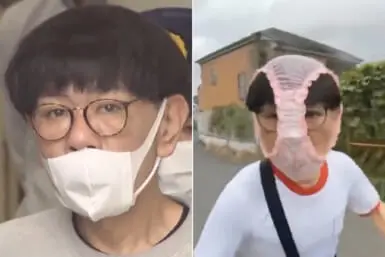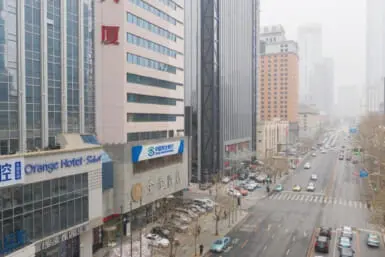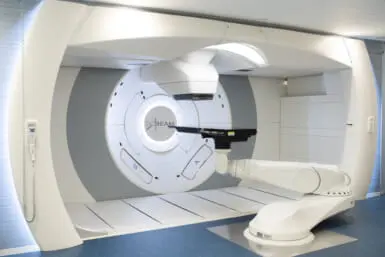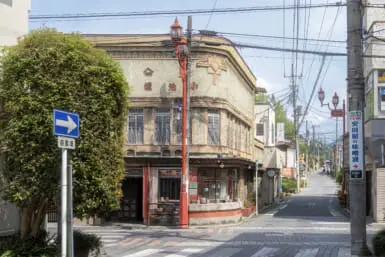A series of violent attacks on medics has underlined widespread public anger at China’s crumbling medical system, impaired by high costs driven by corruption, over-prescription of drugs and a severe shortage of well-trained medical professionals, Financial Times reports.
The health ministry said that there were 17,000 protests or attacks directed against doctors or hospitals in 2010 and that the number of incidents continues to rise year on year.
According to reports from the Financial Times, around 20,000 people protested last month after a woman treated for sore throat and fever died at a hospital in southern China. Early in October, four staff in the ear, nose and throat department of a private hospital in Shenzhen were stabbed by a patient treated for allergic rhinitis.
A Beijing doctor suffered the same fate a year earlier when her patient stabbed her after his laryngeal cancer returned following an operation.
While the Chinese government says it was able to provide universal, low-cost healthcare to 95% of the population, doctors are sparse – there are not even two doctors for every 1,000 people in China – making them overworked and underpaid. Doctors resort to over-prescribing drugs to boost their income.
China spends only about 5% of gross domestic product on healthcare, a Mckinsey report says. The government had announced plans to double the share of private sector hospitals to 20% by 2015, in a bid to maintain “social harmony” by improving healthcare.


